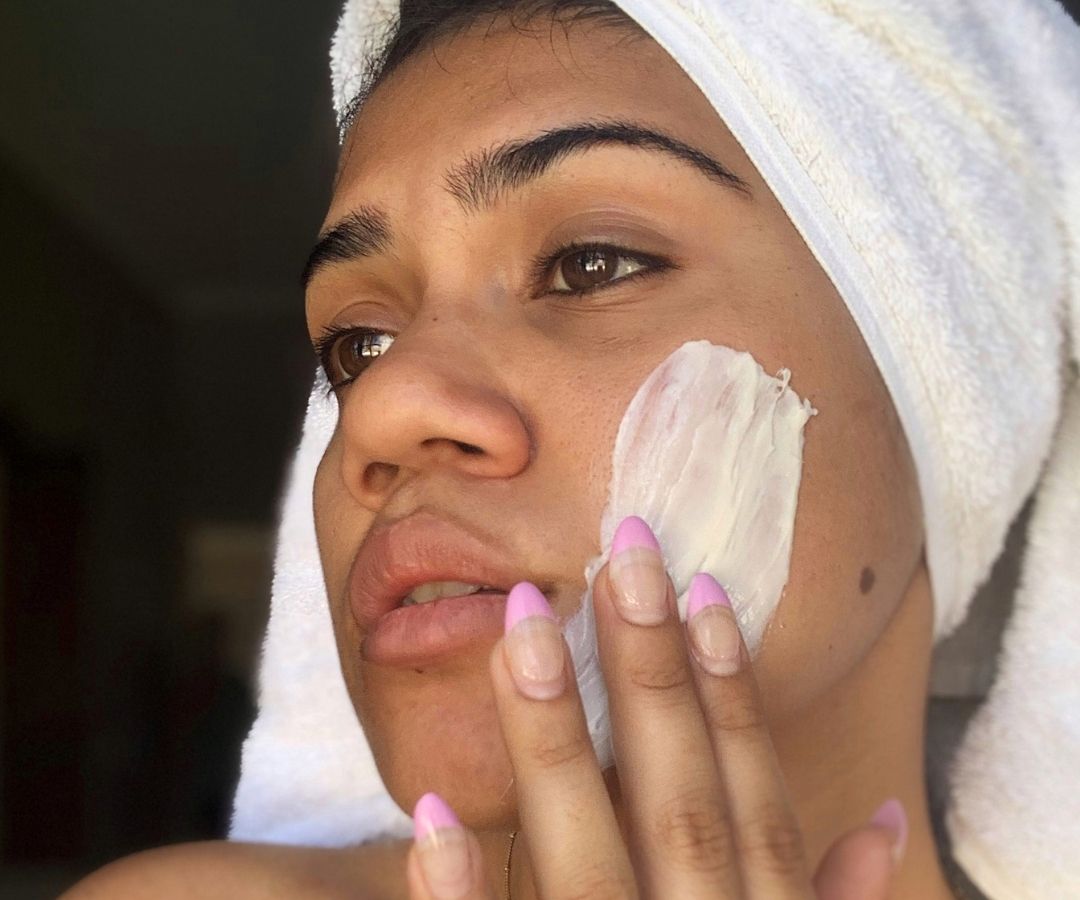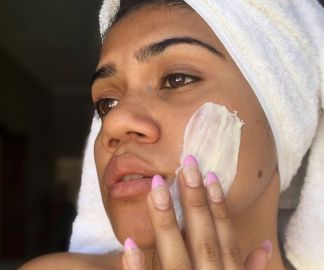
A simple Google search of the words “skin care” yields a staggering 648,000,000 results.
I’m no rocket scientist (merely a humble beauty writer), but even to me, that is a lot. So it’s really no wonder people are confused.
There are two schools of thought around skincare 'rules'. On the one hand, there's no real “one-size-fits-all” approach when it comes to looking after your skin. There are, however, certain best practices that guide what we do, buy and apply to our faces.
Some are ‘rules’ for a reason, like applying *sunscreen every single day to protect against skin cancer and the signs of ageing, and not using all of the active skincare ingredients in one routine.
Others are either outdated, too simplistic, or originated in the depths of a Reddit forum and have somehow made their way into our bathrooms.
To help cut through the BS, I spoke to a few skin experts that A) know their stuff and B) aren’t afraid to tell it like it is.
Keep scrolling for their thoughts on skincare rules that were made to be broken.
Rule 1. Use Cleanser Morning & Night.
True or false? A bit of both.
What the experts say:
According to PhD-qualified scientist and science educator Dr. Michele Squire, we should all be washing our faces morning and night... but it doesn't always need to be done using an actual cleanser.
“If you have an impaired skin barrier (dry, hormone-deficient, sensitive skin, rosacea), cleansing with warm water and your fingers or a soft cloth is plenty in the morning to remove excess product but leave your natural lipids intact. Acne-prone or oily skin types should still use a gentle cleanser twice daily, though."
You can learn more about how to cleanse properly and the best cleanser for your skin type in this YouTube video below.




